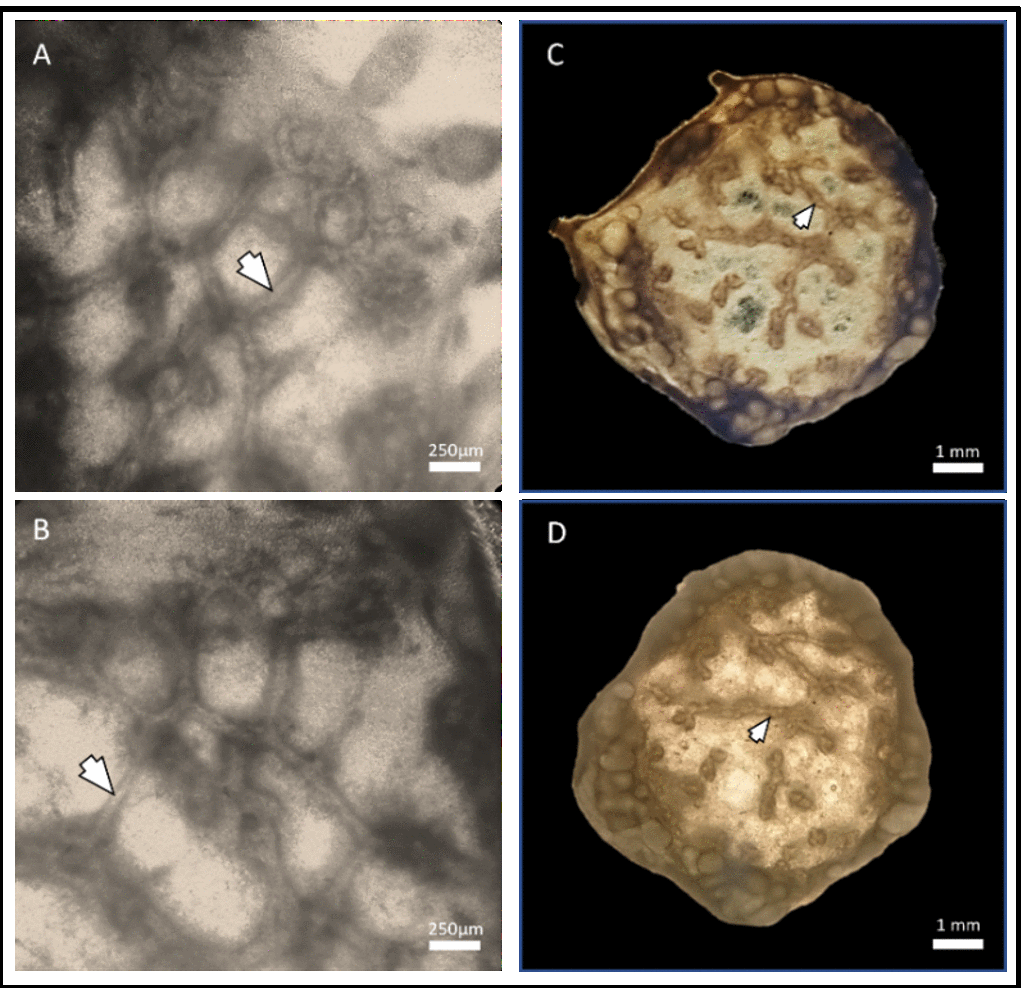During the years 2019 to 2023, more than 915,000 rodents have been used internationally for studies on brain trauma and development, with Germany alone approving 770 animal testing projects under the keyword "Neuro" in 2021. The high number of animal experiments, especially with rodents, raises ethical concerns and is scientifically controversial due to the significant differences between rodent and human brains in terms of complexity and physiological properties. Against this backdrop, the presented project aims to develop a long-lived, human model system that replicates the neurovascular niche by integrating endothelial progenitor cells into novel neural organoid systems. These organoid systems are based on human stem cells and are expected to provide a better understanding of brain development as well as the mechanisms of brain trauma and their treatment, without relying on animal testing.
The neurovascular niche plays a crucial role in the survival and self-regeneration of stem cells in the brain. However, this niche has been inadequately represented in previous organoid models, limiting the lifespan and functionality of the organoids. By purposefully integrating endothelial cells into the organoid tissue, an environment is to be created that ensures the long-term survival of stem cells and thus the organoids. This approach promises to overcome the limitations of current models and offer a system that realistically depicts the complex interaction between neural stem cells and vascular cells in the human brain.
The project's research activities include the development of a modified Lancaster model for neural organoid systems, in which endothelial progenitor cells are integrated from the onset. This integration allows for the formation of vessel-like structures and the replication of the neurovascular niche, which in preliminary experiments already led to a significantly extended survival of the organoids. The addition of specific extracellular substances is intended to further promote and optimize the formation of this niche.
Fig. 1: Integration of endothelial cells into the novel neuronal organoid system for the formation of neurovascular niches.
A, B: Detail at higher magnification of a 28-day-old organoid into which endothelial cells were integrated at day 14. Two weeks after integration, vessel-like structures have formed within the neuronal tissue (white arrows). C, D: Overview images demonstrate that these structures persist throughout the further culture period, after 4 weeks (C) and after 6 weeks (D).
The project is positioned in both basic research and application-oriented areas such as drug development and regenerative medicine. It offers the potential to deepen the understanding of brain development and the mechanisms behind brain trauma and to develop new therapeutic approaches. In the long term, this model system could significantly reduce the reliance on animal testing in neurological research and enable personalized therapy approaches by generating organoids from patient stem cells.
In summary, the project represents an innovative approach to overcome the limitations of existing models and create a human organoid model that accurately replicates the neurovascular niche and associated processes in the brain. This could mark a significant advancement in the research and treatment of brain diseases and in the reduction of animal testing.
Institution
Institute of Translational Medicine,
Am Kaiserkai 1, 20457 Hamburg
Duration
06/2023 - 11/2025


 English
English
